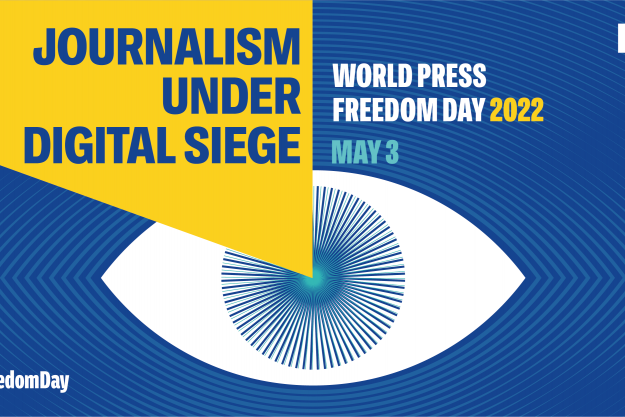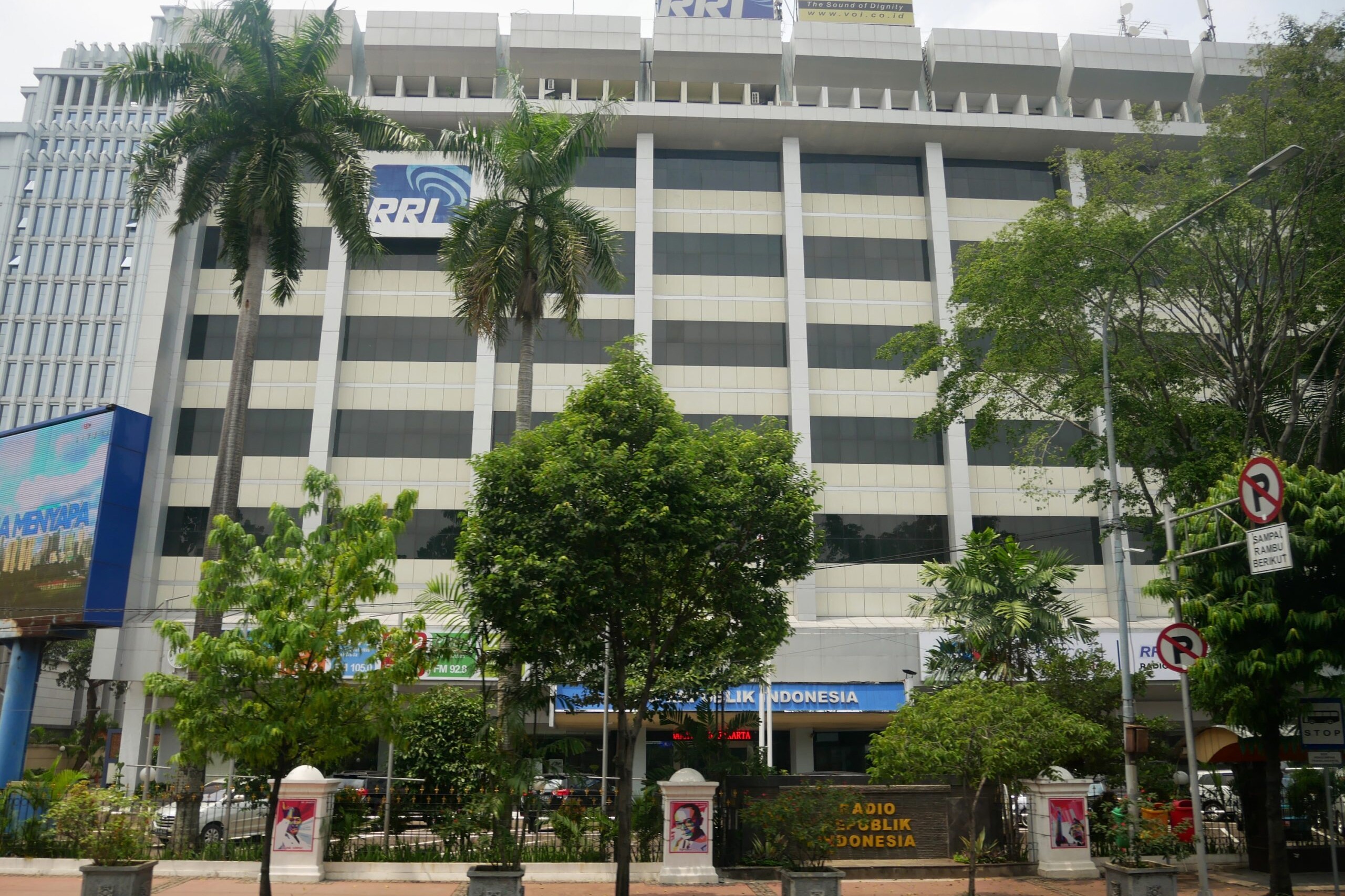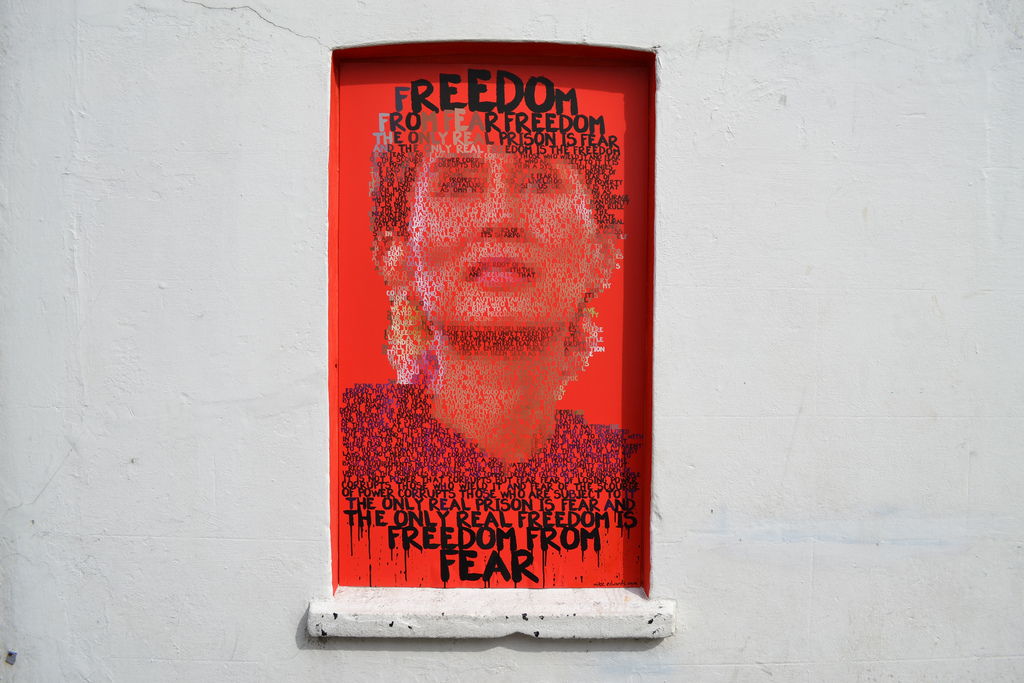INSIGHT | World Press Freedom Day 2022
Myanmar military’s effort to silence independent media
3rd May 2022
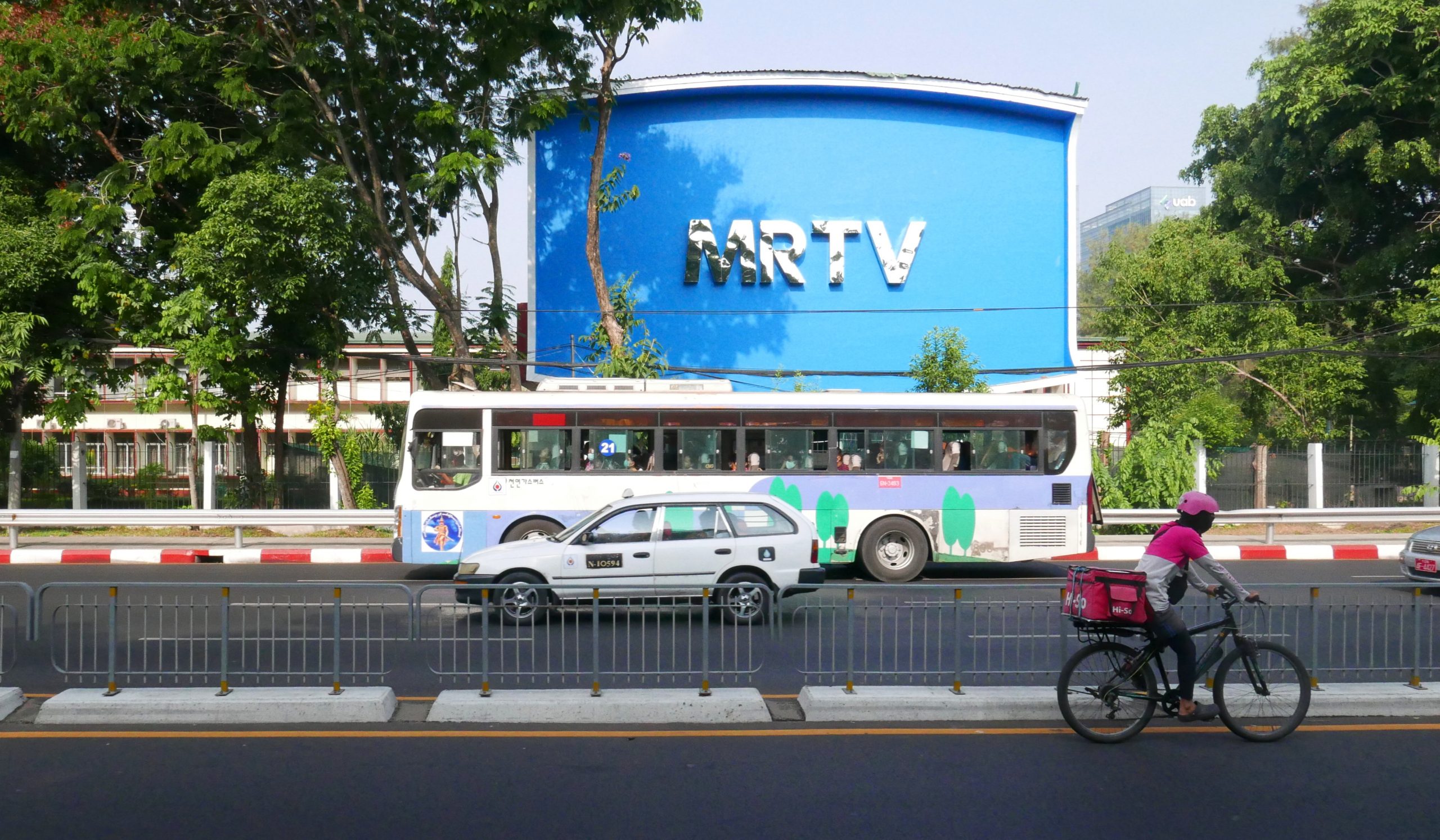
By Tin Htar Swe OBE, Myanmar analyst and a former BBC Burmese Editor
On the morning of 1st February 2021, citizens of Myanmar, a vibrant and promising young democracy, woke up to the news that their country was now back under military rule.
In the fourteen months since, its citizens have found themselves reliving the past era when the country was ruled by successive oppressive military regimes for six decades until 2010 when nascent democracy was introduced. Myanmar had been largely ruled by a military junta since independence from British rule in 1948. The country is now under its third military coup.
A crackdown on independent media and freedom of expression
Attacks on free press have intensified since the latest coup began. Three independent journalists from ethnic media organisations have been killed so far this year, according to Reporters Without Borders.
Less than two weeks after the regime came into power last year, the Law Protesting the Privacy and Security of Citizens (2017), or “Privacy Law”, was amended to allow the regime to conduct searches, seizures and arrests. These laws extended detention without judicial oversight to carry out broad surveillance and investigation activities that could intrude on individual privacy. The regime also amended the Electronic Transactions Law (2004) known as the “ET Law’’ to introduce a broad exception allowing confiscation of personal data, and arrest and detain individuals for online posting of content critical of the regime.
These amendments disproportionately affect independent media outlets, allowing the regime to easily detain and prosecute journalists. A number of media houses were forced to flee when their licenses to operate were rescinded by the regime. However, all the main independent media organisations such as Mizzima News, Democratic Voice of Burma (DVB), Irrawaddy News and Myanmar Now News have continued to operate in hiding and in exile to provide daily news coverage.
According to Reporting Asean, 122 journalists and media staff have been arrested as of March 31, 2022, with 48 still in detention; one died in custody. Out of those arrested, 22 journalists have been convicted. While some have been released, many are worried that they might be re-arrested under the various laws that restrict the freedom of speech.
The military has either directly or indirectly funded proxy accounts on various social media platforms in order to control the narrative around events.
“Soldiers are asked to create several fake accounts and are given content segments and talking points that they have to post,” Captain Nyi Thuta, who defected from the army to join rebel forces at the end of February, told the Reuters News Agency.
However, the military’s attempt to stop the information flow has failed as the exiled independent media is providing real time information on the country’s dominant social media platform Facebook.
“[M]any journalists are in hiding and those who are not in hiding are spending each night in different locations to avoid overnight raids.”
According to Mizzima, their audience reach has doubled since the coup and it now stands at 27 million weekly. Readership of Irrawaddy Online News has also increased significantly.
More from our World Press Freedom Day 2022 Coverage:
Read CEO of PMA, Kristian Porter’s, Global Call Out on the past year.
Read PMA’s analysis of the press freedom themes from the past twelve months.
Find out what PMA is watching / reading / listening to this World Press Freedom Day.
Whilst the crackdown on journalists has intensified, independent media is also gaining strength from the clandestine work of “citizen journalists” or CJs as they are informally known in Myanmar. Some CJs are former journalists who have decided to remain in Myanmar and continue to work, but most are ordinary citizens with no journalism training. They take considerable risks in collecting information by talking to sources. The exiled media outlets are investing in the CJs by providing basic journalism training.
Public trust in media
Following the Rohingya Muslim crisis in 2017, many people perceived the media as biased and unpatriotic because of its coverage of the crisis. The nationalist Burmese who rallied support for the military for expelling the Rohingya Muslims out of the country became hostile to the media and started spreading anti-Muslim hate speech about anyone who stood up for the Rohingya. The high regards that the journalists have enjoyed for many decades virtually disappeared overnight largely due to extreme nationalism. Public trust in media therefore remains limited.
Safety of Journalists
Increased intimidation, brutal repression, arrests, torture, and extra-judicial killings of civilians have become a daily occurrence in many parts of the country including the second capital Yangon.
While the exiled media continue to sustain the newsgathering network inside the country, many journalists are in hiding and those who are not in hiding are spending each night in different locations to avoid overnight raids. The recent fighting between the Burmese army and the combined forces of Karen National Liberation Army and the People’s Defence Forces (People’s Militia) in the south of the country have forced more than 15 ethnic media organisations to cross the border into Thailand. They are safe for the time being but without proper legal documents, they risk arrests and deportation.
Despite these challenges, both Burmese language and ethnic languages media in exile have proven to be extremely resilient and continue to provide not only news and information but also create a much-needed space for free speech.
Hopes dashed for Public Service Media (PSM)
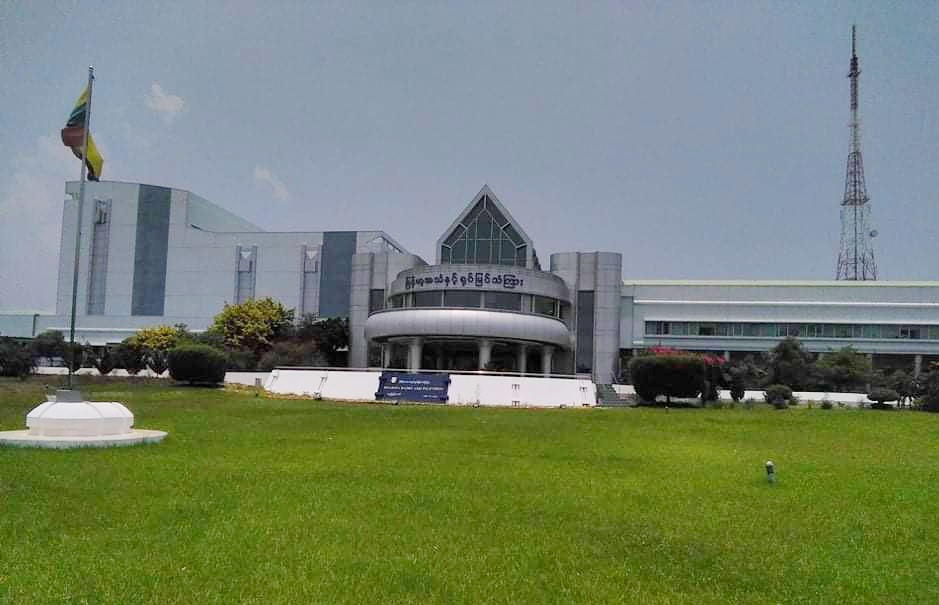
The state-owned media which was aiming to transform into Public Service Media during the short-lived democratic transition has now resumed being the mouthpiece of the military under its control.
In 2012 the civilian turned military government ended the pre-publication censorship of media. Reporters and writers no longer needed to submit their work to the state censorship board before publication – the stringent rule that was applied to all aspects of the media for nearly 50 years.
The habits of censorship and self-censorship were ingrained and the mindsets were hard to change at the Ministry of Information.
A year later the government also allowed the privately owned newspapers to resume publication, and restrictions were lifted on 30,000 internet sites, allowing users unrestricted access to political content for the first time. However, the end of censorship law did not necessarily mean the end of censorship altogether. Many laws still existed under which journalists could be punished for writing material that angered or offended the government.
Officials also announced plans to transform the state-owned media Myanmar Radio and Television, MRTV, into an independent public service broadcaster.
A ‘Public Service Media Bill’ was tabled before parliament in 2014, which would allow MRTV and other state-owned media outlets to become more independent, but it was withdrawn in 2015 at the request of the Ministry of Information. The draft law needed to be reviewed, according to the then Minister of Information, but details over the length of the review period was far from transparent.
When the civilian government led by Aung San Suu Kyi came into power in 2016, it was expected that the transformation of state-owned media to public service media would be swift. BBC Media Action had already trained more than 300 MRTV journalists and organised management seminars for its senior editorial staff from 2012 – 2015. The training was not limited to technical skills, but also included editorial training in the values of independent reporting.
But an apparent attempt to transform MRTV into an independent public service broadcaster faced a serious setback under Aung San Suu Kyi’s government. The habits of censorship and self-censorship were ingrained and the mindsets were hard to change at the Ministry of Information.
In 2015, the Broadcasting Law was introduced to establish an independent Broadcast Council to regulate broadcasters, to ensure media plurality and to prevent excessive media cross-ownership. However, the implementing regulations, which are needed to put the Broadcasting law into practice, were only adopted in October 2020, after a delay of more than five years. A few months later, the army seized power which abruptly ended the evolution of media in Myanmar.
The situation of press freedom in Myanmar has therefore been worsening steadily since the February 2021 coup, and journalists and media workers are persecuted and silenced for doing their jobs. Hopes to establish public service media were raised when the civilian government was re-elected for a second term in November 2020. While Aung San Suu Kyi promised that her government would push for more democratic reforms in its second term, the military seized power before the new government was installed. If the military remains in power, public service media, for which pluralism is at the core of their remit, is a thorn in the military’s side.
Tin Htar Swe OBE is a Myanmar analyst and a former BBC Burmese Editor
Related Posts
2nd May 2022
#WPFD2022: What we’re watching, reading, and listening to
For World Press Freedom Day 2022, we’ve…
29th March 2022
Thai PBS: Above and beyond broadcasting during a pandemic
Covid-19 profoundly changed everyday…
30th March 2016
Will reforms give Myanmar an independent public broadcaster?
For almost 55-years Myanmar’s military…
